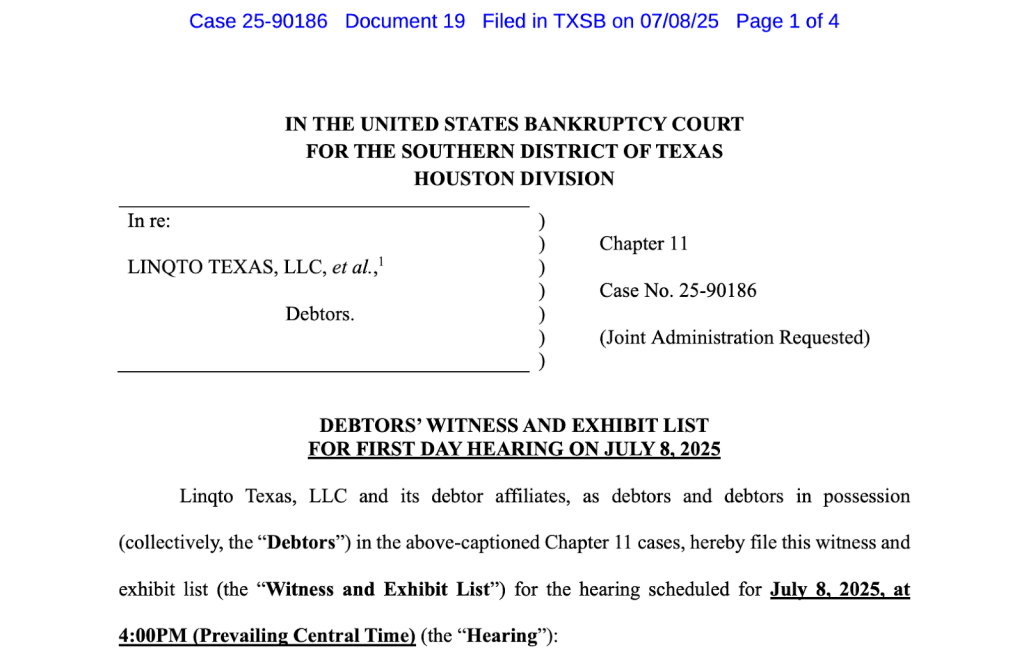Last updated:
 Why Trust Cryptonews
Why Trust Cryptonews

Senator Cynthia Lummis (R-WY) and Congressman Patrick McHenry (R-NC) renewed optimism in passing crypto legislation following the November 2024 U.S. elections at a Georgetown University event on Tuesday, September 17.
Senator Cynthia Lummis, Rep. Patrick McHenry Discuss Policy
Hosted by the Psaros Center for Financial Markets and Policy, Lummis explained to audiences at the Financial Markets Quality that she is holding out hope for legislative crypto progress during the upcoming “lame duck” season on capitol hill.
“I really do think we’re going to get something done in the lame duck,” Lummis said.
However, she expressed concern that the development and passage of a long-anticipated crypto bill could be pushed to 2025.
“We just can’t wait anymore,” the senator continued. “Europe is way ahead of us.”
Similarly, Rep. Patrick McHenry noted that due to his upcoming retirement, robust crypto policy may be signed into law when he’s formally out of office.
“There are seeds that you plant that may not grow in your timeframe,” McHenry said.
The Long Journey To Crypto Legislation
Both Lummis and McHenry have long been advocates of developing a national digital asset framework and have worked tirelessly to pass effective crypto policy through their respective chambers.
In May, McHenry spearheaded efforts to pass the Financial Innovation and Technology for the 21st Century Act through the House of Representatives, resulting in strong bipartisan support.
“FIT21 provides the regulatory clarity and robust consumer protections necessary for the digital asset ecosystem to thrive in the United States,” the congressman said in a statement. “The bill also ensures America leads the financial system of the future and remains a hub for technological innovation.”
Meanwhile, Senators Cynthia Lummis (R-WY) and Kirsten Gillibrand (D-NY) introduced the Lummis-Gillibrand Stablecoin Act in April, seeking to establish regulatory oversight for the emerging cryptocurrency sector.
“In order to meet the growing demand for our ever-evolving financial industry, we need to craft legislation that strikes the careful balance of establishing a clear and workable framework for stablecoins while protecting consumers,” said Lummis.
“Together, Senator Gillibrand and I worked to preserve our dual banking system and install guardrails that protect consumers and prevent illicit finance while ensuring we don’t derail innovation,” she continued. “Passing this bipartisan solution is critical to maintaining the U.S. dollar’s dominance and making certain the U.S. remains the world leader in financial innovation.”
The November elections may well be the turning point for U.S. crypto policy.
With potential shifts in leadership and legislative priorities, the newly elected officials will play an important role in deciding whether the U.S. advances comprehensive crypto regulation or falls further behind in the global race.



